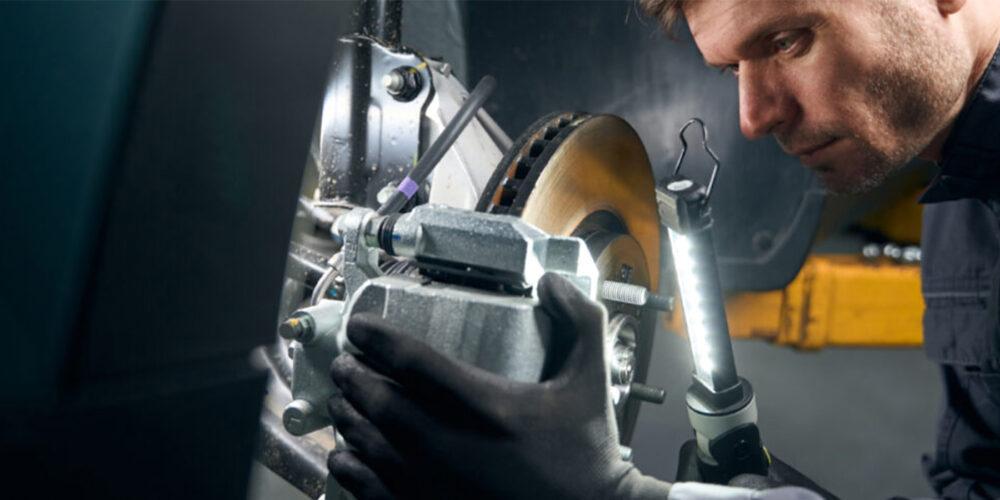Pride Is Important, but There Is a Danger of Decline
With very few exceptions, when we start something new — a career, a sport, a musical instrument or any other complicated activity — we’re generally not that good at it.
While we might have some innate talent, we simply need to learn more about it before we approach becoming good at it. And, especially if it’s something we’re passionate about, we’re aching to become good — and then great, and then exceptional — at the activity. In addition to whatever benefits the activity brings, it’s just more fun to do something we love at an elite level.
At this point, we’re eager for training. We want someone to show us how to hone our skills and become the best that we can be at whatever we’re setting our minds to do. When someone with more experience and exceptional results takes an interest in us and offers to show us their process, we’ll jump at the chance.
Now, let’s fast forward a bit.
We’ve become good — no, we believe we’re great — at our activity. We win almost every time we step on the field. We can play almost any song we want. We regularly have the top sales numbers of anyone on our team. If the people we were at the beginning of our journey could see the progress we’ve made, they would be highly impressed and proud.
This is where the danger of decline happens.
At this point, we’re standing at a fork in the road.
If we travel down one path — the path most choose — we’ll believe that we now know everything we need to about our chosen activity. After all, we’ve put in the work to get to where we are, and we’ve come a long way. People look up to us now. We might come across new ideas now and then, but overall, we know what we’re doing.
If we go down the other road, we realize that, although we are far more experienced than when we started, there’s always more to learn. We can go deeper into our fields, and while we might not see the great jumps in ability that we did when we first began, we are dedicated to the daily decisions and disciplines that have supported our growth. We will always treasure the mentors who showed us the way. Still, we’re also open to finding new mentors who might have different experiences and allow us to work on various aspects of our fields, especially now that we’re at a different stage in our lives or careers and have more tools.
Just looking at these choices, many of us reading this would say we fall into the second camp. Of course, we want to grow. Let’s take a moment to think about how we really behave though.
Are our past successes leading to complacency, lost focus and inconsistency? When we hit a certain point, did we stop doing the things that got us there?
How do we handle constructive criticism — either from one of our peers or someone with more experience? Are we open to new ideas, or do we feel ourselves dig in and get ready to defend ourselves?
What if someone younger than us has an idea that might run counter to our usual activities? Do we honestly listen, or do we dismiss it — and that person?
How often do we assess our own talents, skills and results? Are we happy, calm and content with how things are going, or are we constantly looking for ways to improve ourselves?
Our biggest vulnerabilities are the ones we’re not aware we have, and if we do not acknowledge the risk of decline, we cannot avoid it. It’s easy to say we’re “always working to improve,” but it’s hard to resist the urge to rest on our past achievements. It’s not necessarily laziness — although that could be a factor. It’s often our egos asserting themselves. How dare someone critique our performance? We know what we’re doing!
To excel in any activity — and in life — we should continue to look for mentors. Even if we have more overall knowledge about a field than others do, it’s arrogance to believe that they have nothing to teach us, especially if they’re younger. Times change, and a young person might have a better grasp of some things than we do. We should always be willing to listen — and learn.
And, when we reach a certain level of mastery, let’s not forget the debt we owe our mentors and pay it forward. By being a mentor, not only are we assisting someone else in gaining skills, but when we teach someone else, we internalize those lessons and challenge ourselves to walk our talk. We will be learning, critiquing our own performances and making sure we’re being true to becoming who we were meant to be.
We should take pride in our work and performance, especially when we’ve put in the energy, effort, attitude and commitment to grow our skills, but keeping our egos in check will allow us to take it to the next level — because there’s always a next level.













